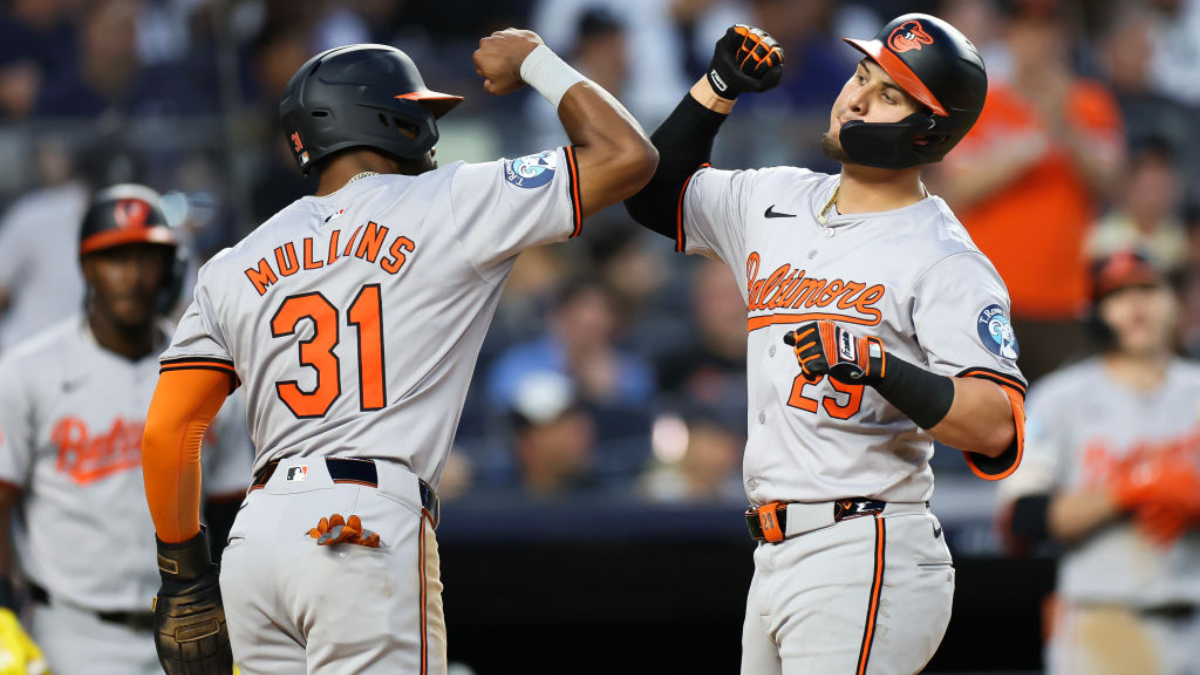Pope: Unraveling the Power, Politics, and Papal Succession

Being pope has always meant facing power, mystery, and secrets in politics. From selecting a successor to current Vatican conspiracy theories, the sphere of influence is wider than only religious leadership. Learning how the papal conclave is organized and how the hidden political processes within the Vatican influence papal elections opens a new perspective on history and power relationships. We will be looking at these topics in detail, focusing on the election of the political schemes within the Vatican, and how popes have shaped things in both the church and world affairs.
The Pope’s Role in Global Political History
As well as being a religious leader, the pope has greatly influenced the course of worldwide events as an important political official. From the famous Sistine Chapel, which has hosted papal elections over many years, to the top-secret papal conclave, the words typically hold great importance within the church and in international politics as well.
The Papal Conclave Is Covered in Much Secrecy
The method for selecting a new inside the papal conclave tends to be secret and filled with secrecy. Strict secrecy at the papal conclave helps guarantee that the election is carried out incorruptibly. Both historians and political analysts are drawn to the election because of the unwavering secrecy and the power plays by the cardinals behind the scenes. The way Vatican politics work during this process has frequently given rise to speculation about who holds power in the church.
The Politics and Diplomacy Inside the Vatican
The Vatican corridors are often the place for Vatican intrigue, full of diplomacy, secret plans, and jockeying of power. Activities at the Vatican involving diplomacy by religious authorities can alter the way nations or regions relate to one another around the world. The things the pope says and does on world issues are important for all generations and often set directions for conversations worldwide.
How Popes Are Chosen: Power Competitions and Change of Leaders
An important part of what the does is to guide the transition from one pope to the next. It also examines the scheduled process that allows a new to take over for his predecessor. The ways the Cardinals and the papacy change hands help to keep the leadership going. Often, these elections bring papal election dramas, controversies, and scandals.
The process of who is in charge is connected to both religion and politics. As well as directing church matters, the papacy is able to have an influence on legislative and administrative reforms in several countries. Arguments within a church often begin when different groups compete to position the leader who will serve their interests.
How Religion, Diplomacy, and Scandal Are Involved in the Pope’s Political Life
Divine leadership was a big part of history, but so were scandals, controversy, and public drama. News of papal scandals typically becomes a worldwide story, since the church’s leaders are questioned about their political dealings. Many of the remaining scandals, such as corruption and the pope’s struggle with doctrinal reform, often unite with the centuries-old Vatican conspiracy theories.
There is symbolism in both the clothes and rituals of the papal office.
The pope is recognized around the world for his special clothing, including his papal robes. The pope’s robe tells others about his role in the church and in the Vatican rulership. Very often, the rituals are held in the impressive Sistine Chapel, and their customs add to how he is seen as a religious and political figure.
The Pope’s Actions in Updating the Vatican
Lately, issues of church reform have been important inside the Vatican, and the pope has often been in the spotlight during talks about modernization. When he deals with matters of being sincere, adapting to global cultures, or relating to contemporary politics, he often finds himself between tense situations inside and outside the Vatican.
Pope’s Decision to Resign: Stepping Outside Tradition
A papal resignation stuns both the church and the wider world. Though conventionally the pope does not leave office, Benedict XVI’s decision to step down has made many rethink the position. When a pope resigns, secrecy surrounds the conclave as politicians debate and decide the election of a new leader.
Modern Papacy: Pope’s Visits and the Impact on Politics
Many nations that visit end up making news around the world due to the amount of media attention. During these visits, he increases his impact on both political and faith communities all around the globe. Francis uses these trips to speak about peace, poverty, and human rights. Once again, the church authorities’ secrecy and the structure of the church are being closely examined as the world keeps changing.
Pope Today
Because of globalization, Francis’ legacy keeps changing. history, since religious and political issues have always been closely linked. The way the new gets elected has kept people around the world curious about who will sit on top of Vatican City next.
The Pope’s Enduring Importance
The pope is known for linking faith, politics, and history. Over the past hundreds of years, events in the church have greatly influenced history because of the complicated steps in the papal conclave, Vatican politics, and constant power struggles. The continues to stand for leadership, negotiation, and control in matters of religion and the world. No matter the papal election process, any papal drama, or the words spoken by the papacy, will always affect the world.
The Pope’s Legacy: Conclusion
In addition to leading Christianity, the pope is involved in politics, foreign affairs, and changes within the church. The unique procedures in choosing a Pope have greatly affected both the Church and the wider world. Apart from being spiritual, the also influences worldwide discussions about peace, justice, and how societies are run.

Since there are many arguments about church transformation and the effects of modern life, the essence lies in steering the church along this delicate path. Over the years, papal speeches, unusual developments inside the Vatican, and papal elections have all contributed to the continuing place in both religious and political life. Because they are elected through a secret process and the role regularly changes, the pope will always be interesting to people everywhere.




